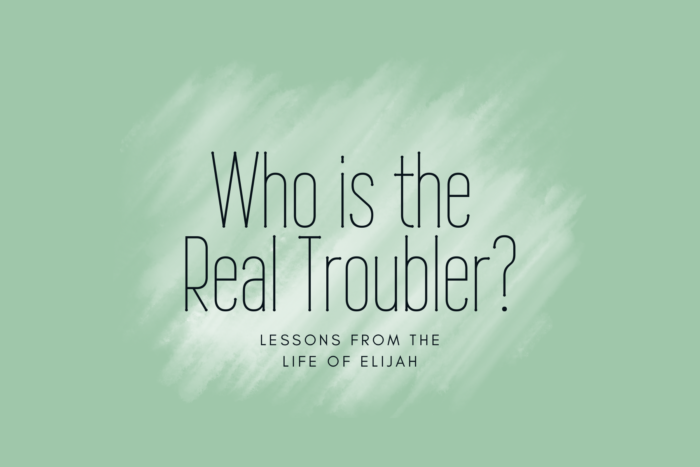A Brief Note to my Regular Readers
In case I haven’t said it recently, thank you for reading this blog. If it wasn’t for you, there would be no reason to write. God has blessed me through you over and over again. Some of you have become dear friends that I cannot wait to meet “in person” in heaven some day. Through this blog, I have realized that there are other like-minded believers across the world who desire to trust and obey God and His Word, even if it costs. And that has been a big blessing! (Find Growing4Life on Facebook to experience some of that like-minded Christian fellowship for yourself.)
I wanted to mention a couple of important things as we head into summer–
First, a month or two ago, I began to notice that gmail was not letting me reply to your emails. I would always get the “Undelivered Mail Returned to Sender” error message. I have never had this issue in all of the years that I have been writing. I waited a few weeks to see if the problem would disappear but it has not. So I need to try to figure out what’s going on. But I want you to know that I try to respond to all of your emails. They are important to me. If I don’t respond it is because they have landed in Spam (that has happened throughout the years and sometimes I catch them and sometimes I don’t) OR, currently, it is because I can’t figure out how to. Even if I email you with your email address in a separate email (not replying to yours), it comes back to me undeliverable. It’s frustrating beyond measure. So I will be working on that but I didn’t want you to think I don’t care.
(And a personal note: for the person who wrote to me about the surgery they are having tomorrow, I want you to know that am praying! I cannot figure out how to get that response to you but please know that I am praying for you!)
Second, I wanted to just mention that my posts may be a bit more sporadic during these summer months. I will be writing some new material but I am not sure it will be weekly or always on Tuesday. I have a busy (and fun) next few weeks planned and it may make it difficult to write regularly here. It seems like a good time of year to take a small break.
Third, I’d like to ask you for prayer. My husband is facing a pretty serious back surgery at the end of July. At the beginning of 2022, he started having back pain. In the past, he could do a few things that would relieve the pain and it would go away in a few weeks. But this time it never went away and, in fact, grew worse and worse until now he is unable to be on his feet for any length of time. My husband (some of you already know this) does not like to sit still. This has been quite the challenge for him. To say the least. We are thankful to the Lord that he can sit and lay down without pain. I know many of you who have back pain are unable to do that. At any rate, if you could pray for comfort and strength for my best friend as he faces this major surgery, I’d greatly appreciate it. And for the doctor, that he would be able to do what is necessary to give relief (there is some fusing involved). Also, perhaps pray for us both as we face a long recovery together. I imagine it will be rather challenging for us both! haha
Thank you in advance! :)
Fourth, I want to thank those of you that reach out to me once in awhile to let me know you are reading. Blogging is a rather one-sided thing to do and, if it wasn’t for hearing from some of you occasionally, I really wouldn’t know if anyone is reading at all. So I just want you to know that I appreciate you taking the time to encourage me. It means more than you know.
Well, I guess that’s it. Not a normal post but I did want to update you on a few things. I hope you all have a great summer! Keep praying and studying the Word! We never want to take a break from that :) Have a great day!










